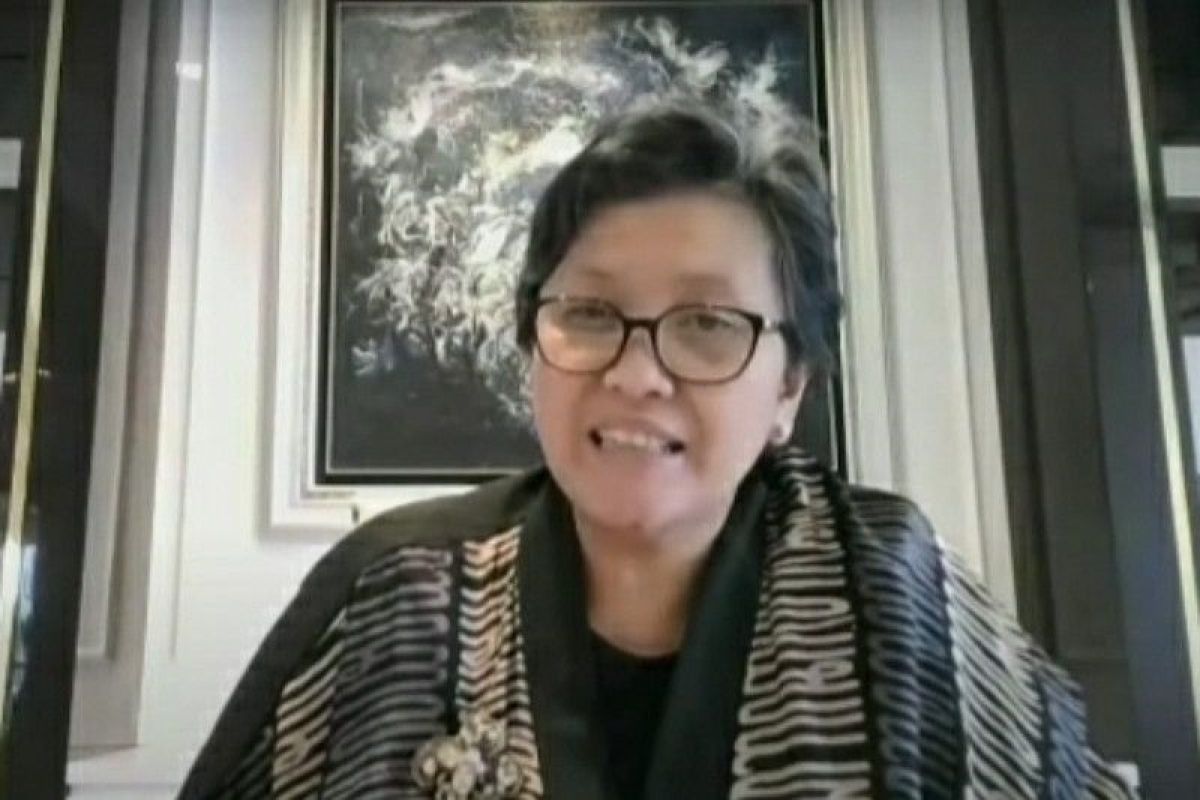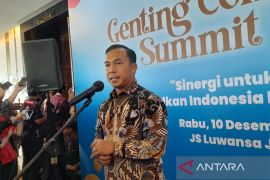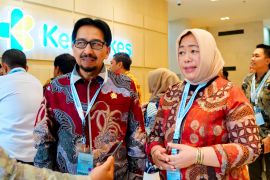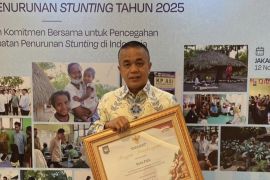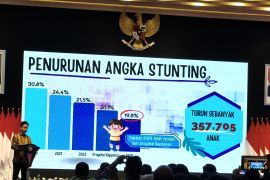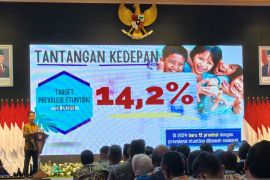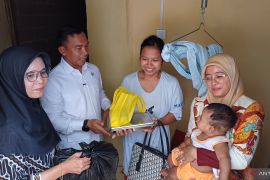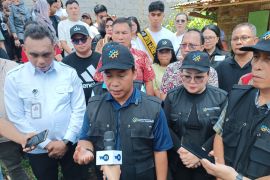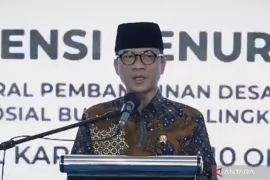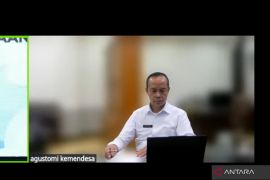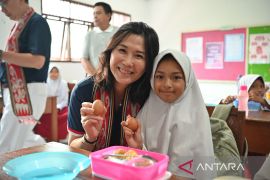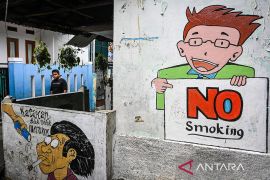"The COVID-19 pandemic has caused many parties in various sectors to lose their focus in the efforts to handle problems in their respective fields," Moerdijat noted in a written statement on Friday.
"Fulfilling the infants' nutritional needs should continue to become the focus of handling, so that future generations can be safe from stunting," she stressed.
Stakeholders should give serious attention to the future of the next generation from the threat of stunting, she affirmed.
"Sustainable and measured efforts in handling stunting within the nation are very necessary," she remarked.
Data from the National Population and Family Planning Agency (BKKBN) stated that Indonesia still had the highest stunting prevalence rate at 24.4 percent.
From this figure, it can be concluded that one out of four children in Indonesia experienced stunting.
This figure is above the standard rate set by the World Health Organization (WHO) at below 20 percent.
According to Moerdijat, the fact that one out of four children experience stunting is a situation that should be handled immediately, so that various potentials of the next generation can be developed optimally.
The effort to handle stunting necessitates cooperation of all parties starting from families up to stakeholders at the central government level.
Related news: Bride, groom health checkup crucial to prevent stunted birth: Minister
"Knowledge on the importance of good nutrition for infants should continue to be intensified and disseminated," the deputy speaker stressed.
Thus, all families understand what they should consume, so that all family members are nutritionally fulfilled.
She also urged stakeholders to promptly implement strategic and measured steps to curb the stunting rate in Indonesia.
"Shared understanding from various parties is necessary for sound collaboration to realize a future generation having nutritional adequacy," Moerdijat stated.
Related news: Two prior generations of infant determine stunting likelihood: BKKBN
Translator: Putu Indah S, Fadhli Ruhman
Editor: Rahmad Nasution
Copyright © ANTARA 2022
